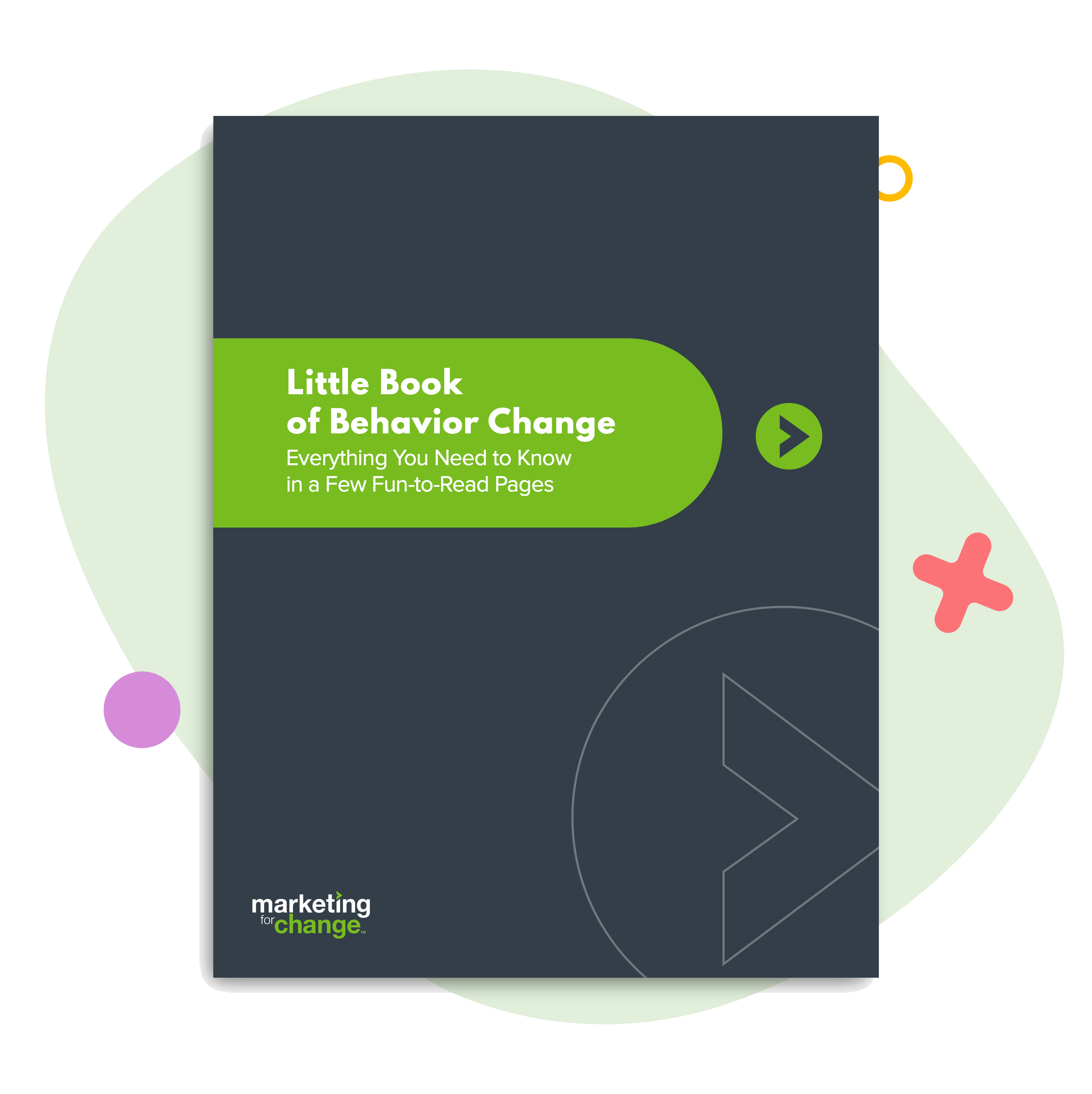
What Missouri’s Election Results Can Teach Us About Changemaking at the Local Level
The Internet is teeming with post-election think pieces. Analyses of why things went the way they did. Plans for the path forward.
But I want to talk about Missouri.
I’m allowed to. It’s where I was born and raised. A conservative state that just voted in support of several traditionally progressive ballot measures: protecting abortion rights, raising the minimum wage and guaranteeing paid sick leave for workers.
Weird huh? What’s weirder – this is a trend. Voting in support of progressive-leaning ballot measures while simultaneously electing – by a wide margin – conservative candidates has kind of become Missouri’s thing. In previous years, we’ve ushered in Medicaid expansion and marijuana legalization as well as conservative officials who vow to roll these measures back.
Analysts cannot definitively say why this is happening. They have offered many theories. Big spending by progressive out-of-state funders, blowback from a damaged national Democratic brand – I won’t rehash them all.
But I do want to discuss one that offers insight for those working on progressive activation efforts at the local level. As Claire Cook-Callen, Director of Campaigns with the liberal advocacy group Progress MO states in this Missouri Independent article, ballot initiative campaigns “are conversations between Missourians. It’s an ability to cut across a party line and talk to somebody about something that directly impacts them in their life.”
One more time for the people in the back: It’s an ability to cut across a party line and talk to somebody about something that directly impacts them in their life.
This is not a new idea. But it speaks to the power of localizing issues and the value that will hold going forward. For the foreseeable future, it’s fair to say that much of the vital work of protecting people and the planet will fall to local organizations and organizers. And there seems to be promise there, indicated by the Americans who shifted their votes to national conservative candidates while still supporting progressive measures at home.
What elements of localizing social issues help us take off our partisian-colored glasses? Here are a few ideas, backed by behavioral science:
-
- Perceived consequences hit different when they hit home. It’s always helpful to break down how big, heady social issues will impact a person’s daily life.
- Adding urgency helps. Ballot measures like those that won in Missouri are marketed as rare, temporary opportunities that require action now.
- Engaging in local initiatives provides a sense of control and a connection to close-up results. Localizing helps people feel they can have an impact and that they can actually observe the results.
- Using simple language and sticky messages. “Fluency” bias leads people to like and trust information they can easily understand. Skip the caveats and big words (like caveat).
In contrast, think about the heaviness of unpacking national issues and national candidates. Very few of us really understand how to “fix” the economy. Or Gaza. Or racism. I’d bet that even fewer people truly understand what their preferred political candidates will do about these issues. When considering big challenges, our brains need shortcuts. So we gravitate towards the loose set of ideas that politicians represent, which often drill down to social identity. We vote for people who seem “like us” or seem to share our values. That’s another reason analysts suspect that Missourians keep their connections to conservative candidates while voting for progressive issues.
But by nature, local ballot measures, and local efforts in general, don’t feel quite so big and complex. You don’t have to take as many mental shortcuts to try and find an option that’s representative of who you are – you can just vote for what you want – what you want to see in your neighborhood, for people you know and care about.
The power in that, and the fact that this work has been happening in communities all along – that gives me hope.
Let’s see if we can take a few notes from my home state’s playbook to keep making progress where it matters – and is needed – most.

Meisha Thigpen is Creative Director at Marketing for Change.





